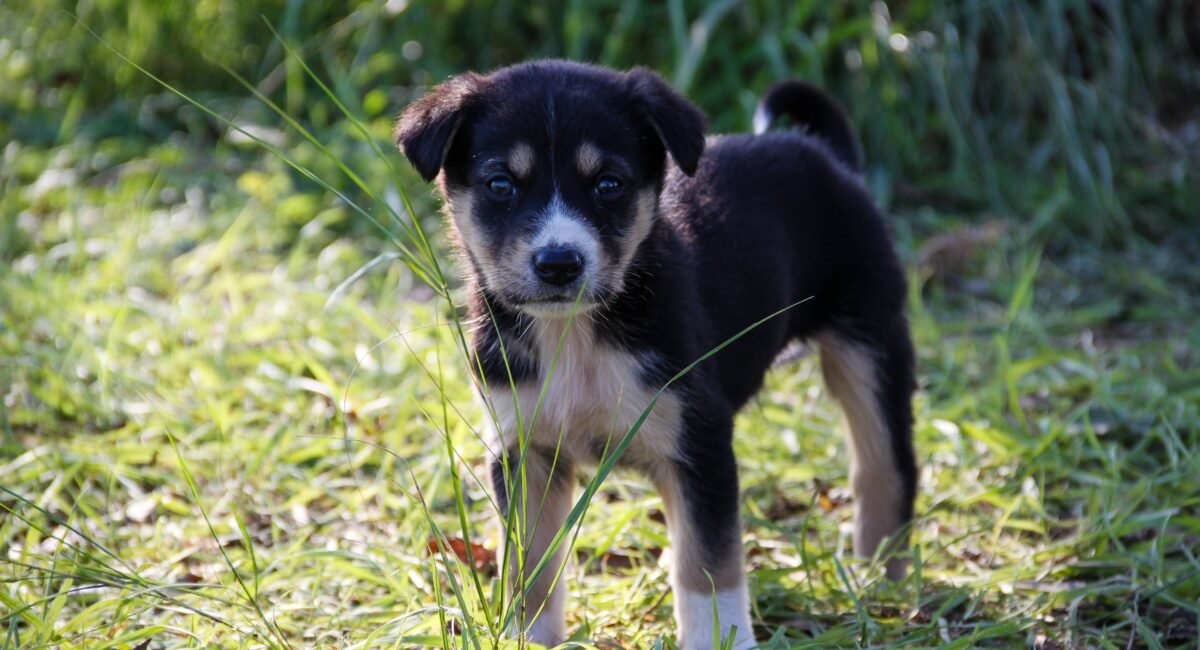How to Look After a Puppy Essential Tips for New Fur Parents
- 5 February 2024
- BuyAPet Editorial Team
- All Dogs, Dog Health
How to Look After a Puppy: Essential Tips for New Fur Parents
From puppy-proofing and nutrition to routines, socialisation, training and grooming—everything you need to give your pup the best start.
Quick-start checklist
- Secure cables, bins, medicines, and toxic plants; set up a cosy bed/crate.
- Choose vet-approved puppy food; keep fresh water available 24/7.
- Begin toilet training and gentle handling from day one.
Tip: Reward every behaviour you like—calm sits, toileting outside, coming when called. Reinforcement makes habits stick.
Introduction
Bringing home a fluffy bundle of joy is exciting—but it comes with responsibility. Learn the essentials so your puppy grows into a healthy, happy adult dog.
Puppy-Proof Your Home
- Remove choking hazards, tidy cords, fit baby-gates where needed.
- Store cleaning products and human food out of reach; secure bins.
- Make a quiet den with blankets and a safe chew to settle.
Proper Nutrition and Feeding
- Ask your vet for a diet tailored to age, breed and size; switch foods gradually over 7–10 days.
- Keep a feeding schedule (typically 3–4 meals/day for young pups).
- No table scraps; avoid toxic foods like chocolate, onions, grapes and xylitol.
Establish a Routine
Puppies thrive on predictability. Set consistent times for meals, naps, play, training and toilet breaks.
- Out to toilet after waking, eating, playing—and every 30–60 minutes at first.
- Short training bursts (1–3 minutes) several times a day.
- Plenty of naps—overtired pups get bitey and boisterous.
Grooming and Hygiene
- Brush the coat regularly; introduce nail trims and tooth brushing slowly.
- Use puppy-safe shampoo; check ears and paws weekly.
Vet Care & Preventatives
- Register with a vet; plan vaccinations, flea/worm prevention and microchipping (where required).
- Discuss neutering at the appropriate age and for your breed/size.
Conclusion
Raising a puppy takes time, patience and consistency. With safe spaces, good food, structured routines, kind training and regular vet care, your pup will grow into a confident, well-adjusted companion.
Frequently Asked Questions
How often should a puppy eat?
8–12 weeks: 3–4 small meals/day. From ~6 months: 2 meals/day. Follow your vet’s guidance and monitor body condition.
When can my puppy go for walks?
After the second vaccination your vet advises it’s safe for public areas. Before then, carry your puppy for positive sights and sounds.
What’s a good first-week routine?
Toilet → breakfast → short play/training → nap; repeat cycles through the day. Early evening calm time, last toilet before bed.

Socialisation and Training